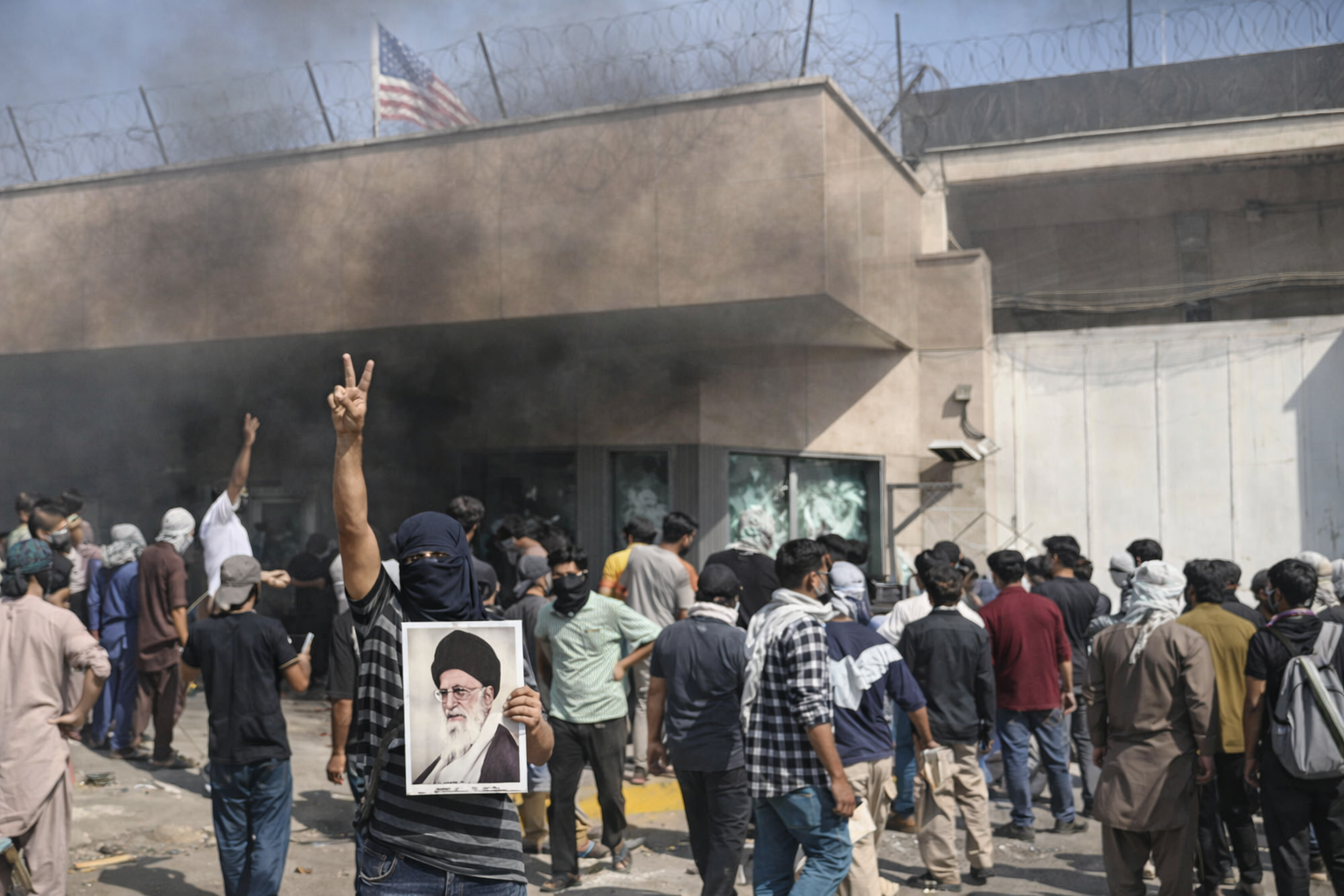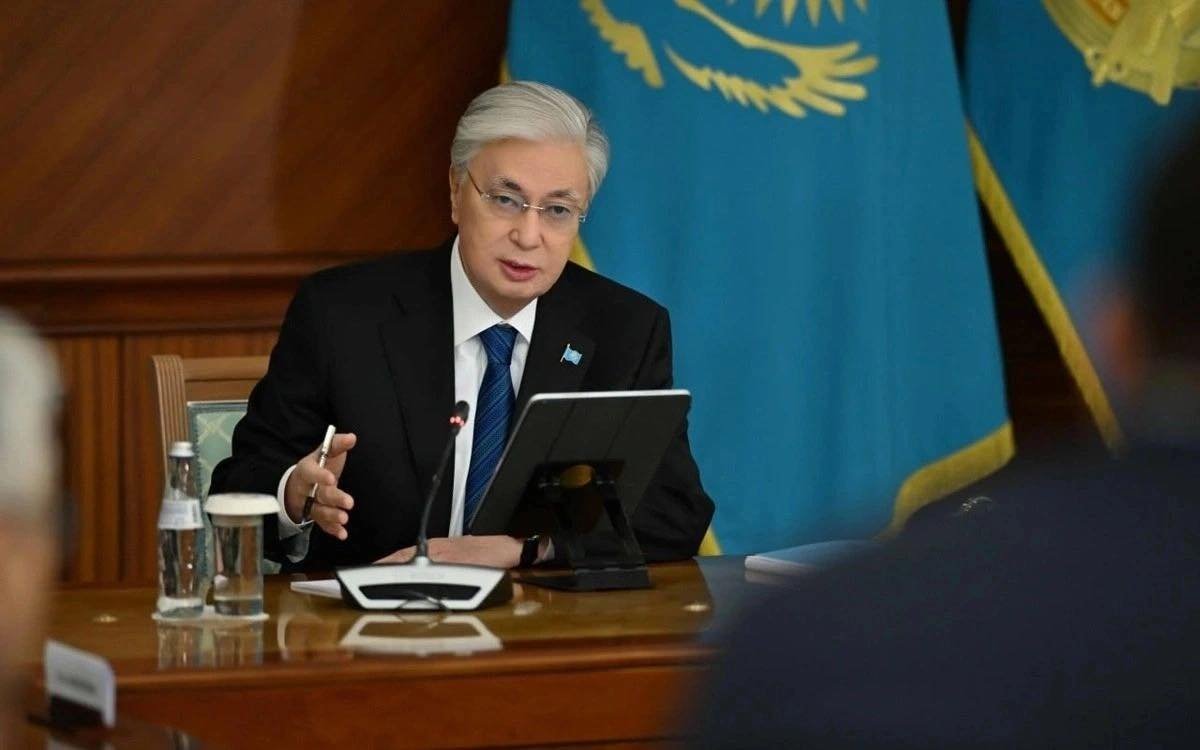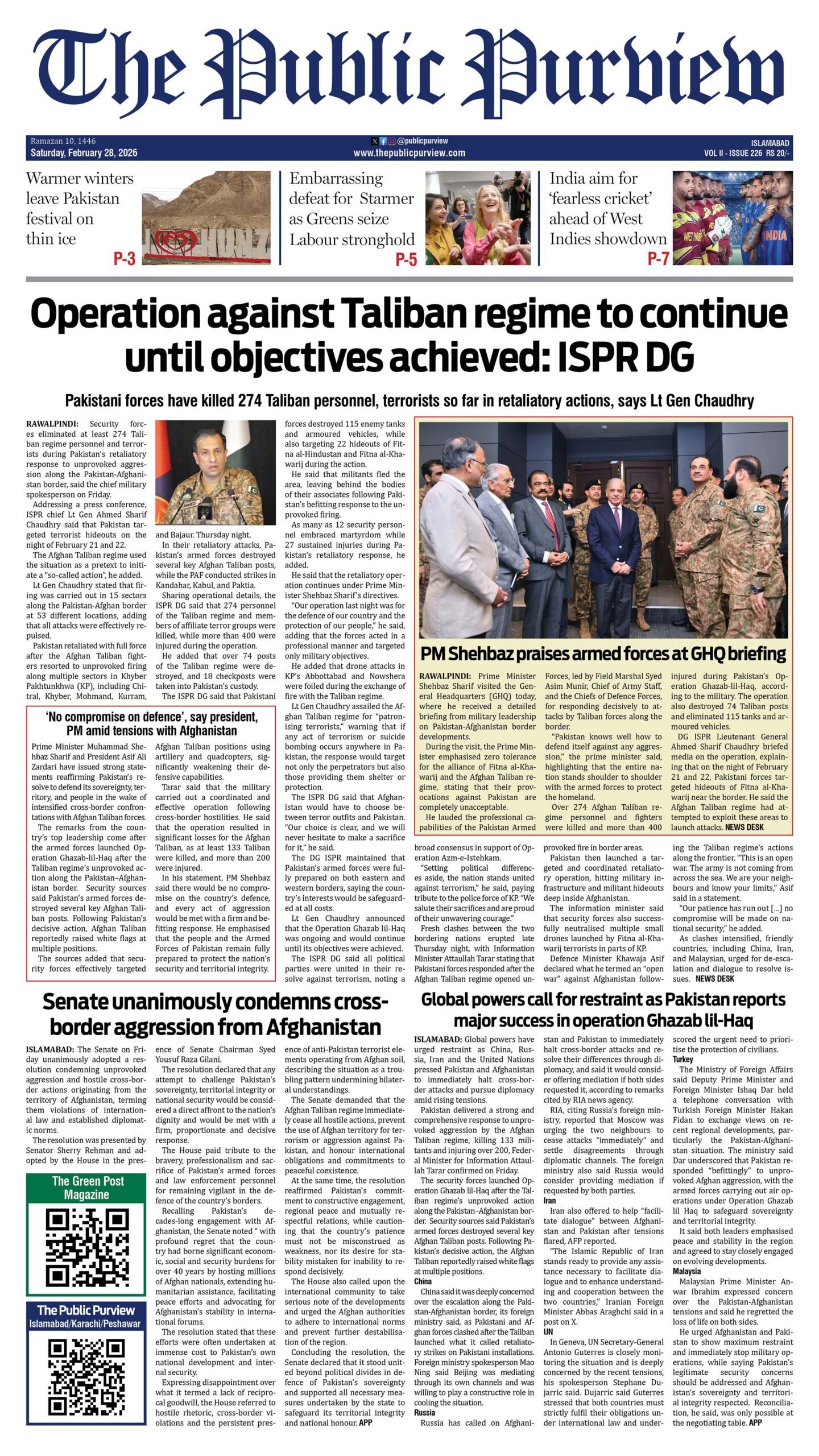
There are moments in the theatre of international politics when words uttered by a world leader are not merely statements but signals—coded warnings that reflect the hidden undercurrents of global power play. When the President of the United States, Donald Trump, repeatedly cautioned Indian Prime Minister Narendra Modi against launching an attack on Pakistan, it was not without reason. The American President is not known for diplomatic restraint; his remarks, often blunt and unconventional, have at times carried more truth than the carefully scripted statements of professional diplomats. Therefore, when President Trump chose to issue such warnings, one must assume that the information at his disposal was both credible and alarming.
Why Would the U.S. Restrain Its Own Ally?
The question that arises is simple yet profound; why would the United States, a strategic partner of India and a country that has long cultivated military and economic ties with New Delhi, find it necessary to restrain its ally? The answer lies in the complex geopolitical reality of South Asia, where every move is weighed not merely in terms of national interest but global consequence.
Any miscalculation on the part of India—particularly against a nuclear-armed Pakistan—could ignite a chain reaction that might destabilize the entire region, disrupt trade corridors, and drag major powers into a conflict that none desire. Trump, known for his transactional worldview, must have realized that the cost of an Indian misadventure would far outweigh the benefits of appeasing New Delhi’s nationalist impulses.
India’s Expansionist Policy and Regional Instability
The recent history of the Subcontinent reveals that India, under the Modi administration, has consistently pursued a policy of regional dominance. Its attempts to isolate Pakistan diplomatically, its continuous violations along the Line of Control, and its internal oppression in Kashmir all point towards a mindset that seeks to expand influence through coercion rather than cooperation. Yet, despite its loud rhetoric, India understands that a direct military confrontation with Pakistan could result in unpredictable outcomes.
The episodes of misadventure in 2019 and 2025 from India towards Pakistan are a reminder that even limited strikes can spiral out of control, and US administration warnings perhaps stem from intelligence suggesting that some elements within India’s security establishment are once again flirting with that perilous path.
Pakistan’s Dual Challenge: Preparedness and Diplomacy
For Pakistan, the implications of such developments are twofold. First, it must assess whether these threats are genuine preparations for aggression or calculated psychological warfare aimed at unsettling its leadership. Second, it must recognize that its adversaries—both regional and global—are operating in tandem to keep it strategically off balance. The recent provocations from Afghanistan, for instance, are unlikely to be spontaneous. The instability across the western border, the rise of hostile elements encouraged by certain foreign agencies, and the consistent efforts to disrupt Pakistan’s internal peace cannot be seen in isolation. They form part of a broader design to stretch Pakistan’s security apparatus and test its diplomatic resilience.
Israel’s Expanding Footprint in South Asia
Israel’s growing presence in South Asia, particularly its covert defense cooperation with India, cannot be ignored in this context. Over the past decade, Israel has become one of India’s leading suppliers of advanced military technology, ranging from missile defense systems to surveillance drones. This alliance, while justified by both nations as a counterterrorism partnership, carries deeper strategic implications.
It strengthens India’s offensive capabilities and encourages a mindset of military adventurism, while simultaneously allowing Israel to extend its influence into a region where it previously had little direct access. Trump, aware of Israel’s regional ambitions and its role in shaping India’s defense posture, likely saw the need to prevent a situation where an emboldened India might act beyond control. His administration’s intelligence briefings may have further reinforced Trump’s concern over unchecked escalation in South Asia.
A Strategic Response for Pakistan
In such a scenario, Pakistan’s response must be both measured and multidimensional. Military preparedness is essential, but it must be accompanied by proactive diplomacy. Islamabad should take its traditional allies—particularly Saudi Arabia, the United Arab Emirates, and China—into confidence. The support of these nations carries weight not only because of their economic or military power but because their voices are respected in international forums. By engaging its allies, Pakistan can expose the destabilizing designs of its adversaries and ensure that any potential aggression against it is seen as an attack on regional peace rather than a bilateral dispute.
Rebuilding Channels with Washington
Moreover, Pakistan must also strengthen its engagement with the United States. Despite the fluctuating nature of Pakistan-U.S. relations, Washington remains an influential actor in South Asian affairs. Trump’s remarks, if properly interpreted, may present an opportunity for Islamabad to rebuild channels of communication and mutual understanding. The era of strategic neglect must give way to one of cautious engagement, where Pakistan asserts its role as a responsible regional power committed to stability and peace.
Countering Psychological and Hybrid Warfare
At the same time, Pakistan must not overlook the psychological dimension of the situation. Disinformation campaigns, diplomatic isolation efforts, and economic pressures are all part of the modern hybrid warfare that nations face today. Pakistan must counter these through a strong narrative rooted in truth, resilience, and national unity. The world must be reminded that Pakistan has been a frontline state in the global fight against terrorism, that it has sacrificed more lives than many of its critics combined, and that it seeks peace not out of weakness but wisdom.
Trump’s Warnings: A Strategic Cue for the Future
In conclusion, President Trump’s warnings to Prime Minister Modi serve as a timely reminder that the balance of power in South Asia remains delicate. The forces that seek to destabilize Pakistan operate not only on the battlefield but in the realm of perception and policy. For Pakistan, the task ahead is clear: remain vigilant, act with prudence, strengthen alliances, and expose the hidden hands that wish to turn the region into a theatre of chaos.
Trump’s early warnings now echo as a strategic cue for Pakistan to anticipate and counterbalance emerging threats. Peace in South Asia depends not on the ambition of one nation but on the collective restraint of all—and history will judge harshly those who mistake patience for weakness or diplomacy for fear.
Read editorial and expert opinions here: https://thepublicpurview.com/category/blog/
For climate-related stories, visit: The Green Post







 Today's E-Paper
Today's E-Paper